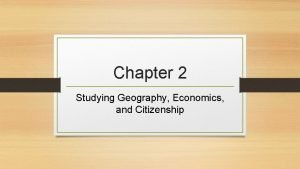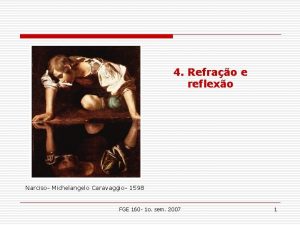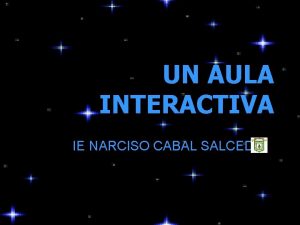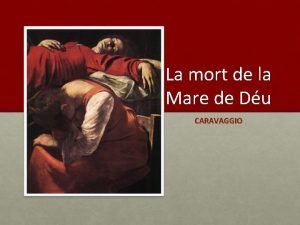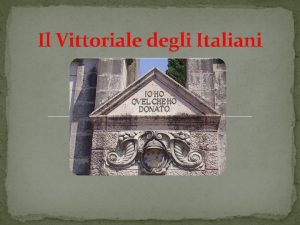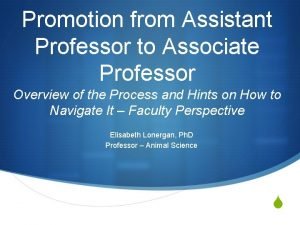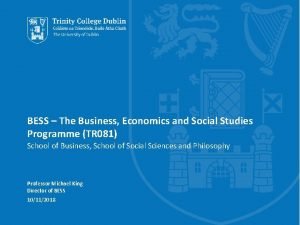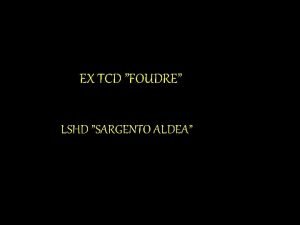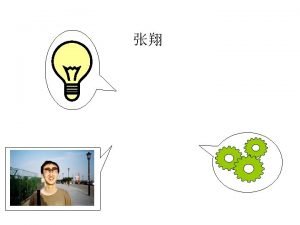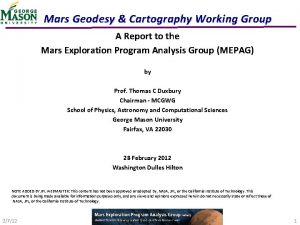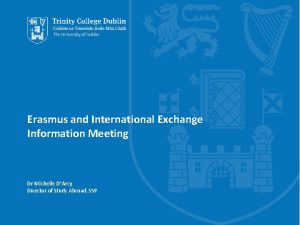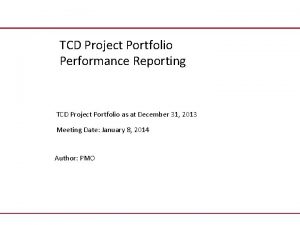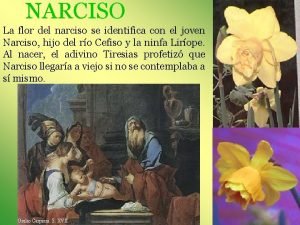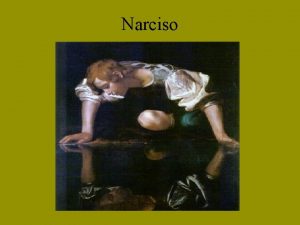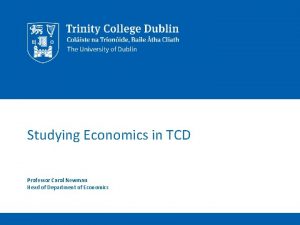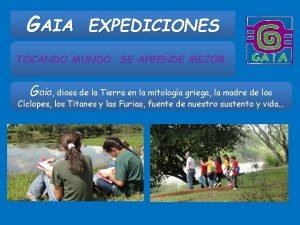Studying Economics in TCD Professor Gaia Narciso Professor













- Slides: 13

Studying Economics in TCD Professor Gaia Narciso (Professor Francis O’Toole) Head of Department of Economics

Trinity College Dublin, The University of Dublin

Two fundamental questions…. What prompted the start of this sustained increase in living standards? Why did it happen in some countries at certain times and not at all in others? “The consequences for human welfare involved in questions like these are simply staggering: Once one starts to think about them, it is hard to think about anything else. ” (Robert Lucas)

What is Economics? Economics is the study of how society manages its (scarce) resources Scarcity: Wants >> Resources Choices have to be made Uncertainty and market failures make choices difficult Incentives can be used to help with those choices (e. g. taxes, subsidies, regulations, gentle “nudges”, … ) Economics is the science of decision making. • • Who will do paid work? Who will do paid/unpaid caring? What goods and services and how many of them should be produced? What resources should be used in production? At what price will/should goods and services be sold?

What is Economics? Two sub-fields Microeconomics: the study of how individuals, families/households and firms make decisions and how they interact with markets Macroeconomics: the study of economy-wide phenomena including inflation, unemployment, inequality, poverty and economic growth. Economics explores questions such as: Why are some countries poor while other countries are rich? Why do some people have so much more than others? To what extent is it possible to pursue economic growth and still protect the environment?

Economics: Why? Very general discipline Relevant for very many careers Platform for business: • Finance –debt or equity? • Strategy – high price or low price? Platform for professions such as investment banking, law or accounting Policy analysis • Micro – what type of development programmes work? • Macro – what type of (macro-level) borrowing/lending restrictions should be in place? Careers: Government Economic and Evaluation Service, Central Bank, ECB, EU Commission, IMF, World Bank, EPA, Consultancy, Banking, Regulators (CER, Com. Reg), Media, Teaching, …

Economics Skills? Excellent mix of real world observation and abstract reasoning Quantitative and qualitative skills Different pathways (technical, policy, finance, development… )

Economics in TCD: How? ESS/BESS (Business, Economics, Political Science, Sociology) Quota = 236 PPES (Economics, Philosophy, Political Science, Sociology) Quota = 34 Joint Honours – Geography, History, Mathematics, Philosophy, Sociology and Modern Languages (German, Spanish) Quota = 43

Economics in TCD: Points in 2019 (2018) BESS TR 081 - 518* (511*) PPES TR 015 - 566 (554) TSM TR 001 Economics – 499* to 555* (498 to 565) ‒ Philosophy: 499*, Modern languages (German, Spanish): 509, Geography: 509, Sociology: 509, History: 531, Mathematics: 555* Mathematics: O 4/H 6/GCSE B

Economics in TCD: Why? • Commitment to providing a supportive and stimulating teaching environment for all students • Research-led education exposing students to leading academics, the latest knowledge and ideas with an emphasis on analytical skills and creative thinking • Research excellence on issues of global societal and economic importance in fields such as: International Development Energy Economics Political Economy International Macroeconomics Economic History Urban Economics (Housing)

Economics in TCD: Why? • 4 years • Third year (half or full) opportunities abroad • International reputation • Staff background (Harvard, LSE, EUI, Oxford, Trinity) • Tutorial system • Tutor system • Student activities (Student Economic Review, Debates, Trinity Economic Forum, … )

Economics at TCD: What? (EC modules) 1 st: Introduction to Economics, Mathematics and Statistics, Introduction to Economic Policy plus numerous other non-Econ modules 2 nd: Intermediate Economics, Economy of Ireland, Mathematics and Statistics plus numerous other non Econ modules 3 rd: Economic Analysis, Money and Banking, European Economy, Economics of Less Developed Countries, Investment Analysis, Economics of Policy Issues, Industrial Economics, Mathematical Economics, Econometrics plus numerous other non-Econ modules 4 th: Economic Theory, World Economy, Development Economics, Economics of Financial Markets, Quantitative Methods, International Economics, Economic and Legal Aspects of Competition Policy, Applied Economics, History of Economic Thought and Policy, Topics in Political Economy plus numerous other non-Econ modules

Thank You

